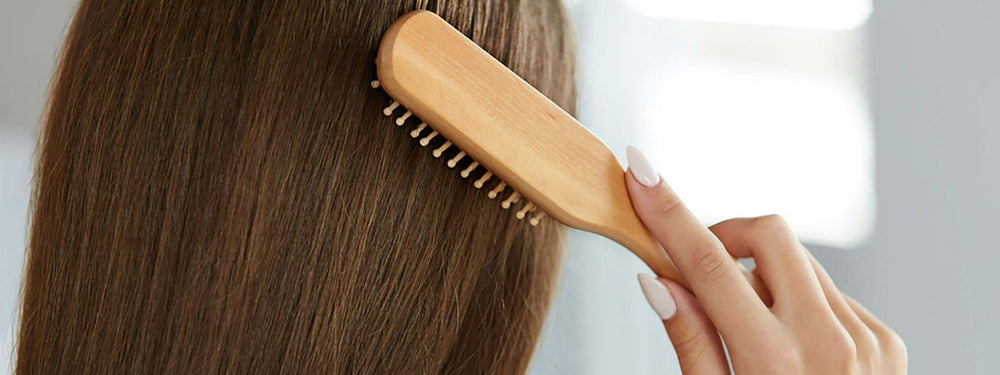What you need to know if you take biotin (Vitamin B7)

Maybe you’ve flipped through a magazine and seen ads claiming that taking extra biotin -- also known as vitamin B7 -- will result in lustrous hair, glowing skin and perfect nails.
Warnings from the Food and Drug Administration (FDA)
However, in a recent announcement, the Food and Drug Administration (FDA) reminded consumers that biotin can interfere with medical tests. The agency warns that the supplement can result in inaccurate results for troponin, a key test for diagnosing heart attacks. Meaning that in biotin users, a heart attack could be missed.
This is simply the latest in a long list of concerns about supplements. Because supplements aren’t regulated by the FDA, and you don’t need a prescription, it can be easy to forget that supplements can have real health effects - some of which may be unintended.
Recommended daily intake of biotin
The recommended daily intake of biotin is 30 micrograms per day, and most people get plenty of this vitamin through diet alone. Many hair and nail supplements deliver as much as 5000 micrograms per day - or over 150 TIMES what is felt to be required for optimal health. If you take supplements that claim to benefit hair, skin and nails, check the fine print to see if they contain biotin. Labeling doesn’t always make it obvious. Note that biotin can also be found in some multivitamins, including prenatal vitamins.
This isn’t the first time the FDA has issued a warning on biotin; the first came in 2017. Since then, some developers have been able to change lab tests to reduce the possibility of interference in diagnosing a heart attack. But many lab tests remain unchanged. It’s also not known if skipping supplements before the test will help get an accurate result.
Be aware that this is not the only way biotin can interfere with lab tests. Other studies have shown that high doses of biotin can interfere with thyroid function assessments.
Best practices to follow
As I’ve written before, on a global level people spend more than $130 billion per year on supplements (over $35 billion per year in the US alone), despite the fact that it’s unclear if they have ANY health benefits. And while most supplements are probably not harmful, examples like this show that they’re not completely innocuous. That’s why anyone who takes supplements should carry a list of exactly what they take, including the dosages, in case of a health emergency. It’s a good idea to share this list with every current health care provider as well.
Foods that contain biotin
If you're looking to make sure you get the recommended daily intake of biotin, include nuts, seeds, avocados, cauliflower, sweet potatoes and salmon in your diet. Nutritional yeast is another good source of this vitamin. As are egg yolks and beef liver -- but these last two items should be limited in our diets.
And if you’re concerned about your heart health, stop looking in the supplement aisle and take stock of your diet instead. The science is clear that optimizing what you eat is the real secret to achieving better health. Try swapping out two of your daily snacks with our products, and you might just find yourself being our next success story!

Tested & Proven Results.
- Cardiologist formulated
- Supported by over 500 publications
- Clinically-proven, in a double-blind randomized trial with Mayo Clinic and The University of Manitoba
80% of participants lowered their cholesterol in just 30 days. With just two servings per day, Step One Foods offers a proven-effective way to naturally lower LDL (bad) cholesterol.
Get heart health tips and articles like this, delivered right to your email.
New articles every week.
You may also like...

Why Most New Year’s Resolutions Fail - And How to Right-Size Yours

You don’t need to avoid foods with cholesterol…except for these



